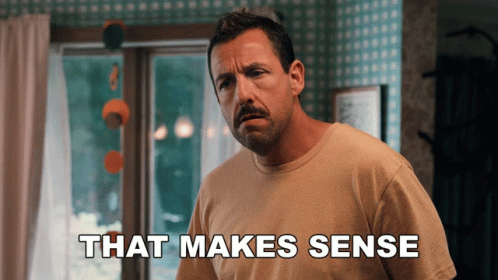
Behavioral economics is the study of human psychology as it relates to economic decision-making that is carried out by individuals and institutions. In reality, people will always make a decision that they think is best, that they feel will give them the greatest benefit and satisfaction available. This is where “rational choice theory” comes into play, this theory states that when people are presented with different options under a condition of scarcity they will make a choice that best increases their satisfaction. This theory believes that when people are given the ability to choose in a limited environment, they are competent enough to taking a proper decision by weighing the cost and benefits of each option available to them. The rational person in this context is not moved by emotions or external factors, rather the person has serious self-control and knows what’s best for himself. Behavioral economics elaborates on the factor that humans are not rational, therefore lacking the ability to make good decisions.

In this article I will be explaining why and how behavioral economics elaborates on psychology and economics to understand why people sometimes make irrational decisions, leading to the behavior not following the predictions of economics models. Decisions such as how much to pay for your art, whether to buy your work or not, whether to invest in you, if they should patronize your business, why they should choose you over your competition, etc. are some of the decisions people have to tackle before they can do business with you. The main reason you are reading this article now is so that you can learn about behavioral economics and how to capitalize on the various theories that play a vital role in economics, for that reason, this article will cover the Game theory, Nudge behavioral theory, and Neoclassical economics theory.
Game theory is a decisional theory that focuses on interactive decisions, this is only applicable when the decision-makers are two or more people that determine an outcome that affects them all. Strategic reasoning is the pattern that is followed to achieve a particular goal, taking into consideration how others will react. Parts that make up this theory are players (decision-makers), strategies (the different individual methods used by the players), and payoffs (the payout gotten from the outcome of the game, it can be in a quantifiable form). This theory is formed from two branches of psychology, to save you the stress of checking the meaning, “psychology is the study of the functions, nature, and phenomena of behavior and mental experience”. There are two types of game theories (i) Cooperative game theory deals with how cooperative groups interact when only the payoffs are known. It’s a game between groups rather than between players. (ii) Non-cooperative game theory deals with how rational people deal with each other to achieve their personal goals.
For example, if a group of people comes together to organize a meeting at a particular date and time that eventually collides with the timing of 3 popular people’s meetings, and they all got separate invites to those meetings.
1. If they all go to the different meetings they won’t hold the initial planned meeting.
2. If some decide to leave their meeting, the rest might not.
3. If they decide later on to leave the various meetings to come to create theirs, they won’t be able to pull in a crowd because no one likes a second-choice meeting.
4. If none attends any of those meetings and they fully commit to the one planned out they would be able to collectively pull in-crowd.
The most favorable strategy is not to attend any of those meetings but to concentrate on the group’s planned meeting. However none of the group members is aware of the other group member strategy, for that reason, most will likely attend the different meetings. Working with Nash equilibrium indicates that the group members will make a decision that is best for them individually but worse for them collectively.

Nudge behavioral theory refers to the process of influencing the decision of a collector without the use of force, rather the decision is influenced by small suggestions and repeating of behavior with desirable consequences. Nudge is a social engineering tool that can be used to influence customers/collectors towards a particular product to stimulate purchases and increase sales. For example, an artist lists a simple art at an overpriced 5Eth on his profile. That artist is not interested in selling that art; that art is there as a decoy to make other, more attractive arts appear attractive. An entrepreneur decides to slash the price on a product she usually sells from $400 to $300 within two weeks, purchases increased by 20%.
Although Nudge’s theory seems so interesting if it is not properly executed it could become a ticking time bomb and if it explodes, this can damage your reputation and credibility. There is a big difference between nudging a certain behavior and forcing a certain choice. A nudge is considered to be good when it encourages a certain choice, but it still encourages transparency, the choice of the customers/collectors is retained, and there’s a good enough reason to warrant the nudge.
Neoclassical economics theory focuses more on-demand and supply as the factor for production, pricing, and consumption of goods and services. This theory indicates that the utility to the collector is the most important factor in determining the price of goods and services and not the cost of production. This emphasizes that a product’s value can be way above and beyond the cost of production. Some critics believe this theory can lead to little or no sale of products and services, and it is also believed to have led to the 2008 financial crisis.

The theories mentioned play an important role when it comes to the goods you sell or the services you provide. Regardless of what quadrant you fall under, the principles and laws of economics have to be respected. Before you decide to try out any of the behavioral theories it is important to carry out a proper segmentation. If you do not know or understand marketing segmentation, check the other article.